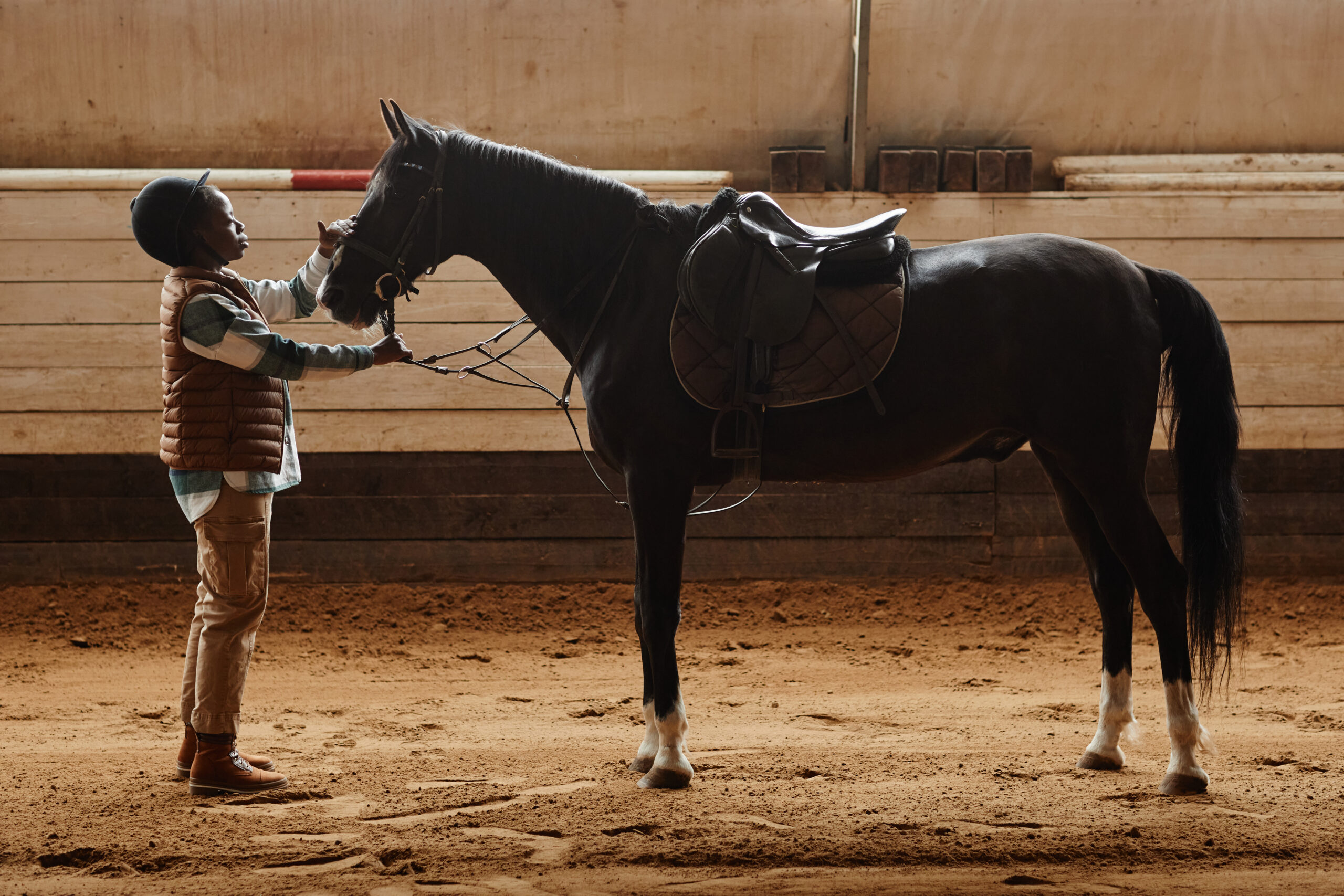Adaptive Riding
Adaptive Riding is a therapeutic program designed to make horseback riding accessible to individuals with varying abilities. This program adapts traditional riding lessons to meet the unique physical, cognitive, and emotional needs of each participant. Adaptive Riding is effective for some of the following MS, Autism, Attention Deficit Hyperactive Disorder (ADHD), and Spina Bifada.
Why Choose Our Ranch?
We are dedicated to providing high-quality care in a nurturing, peaceful environment. Our ranch offers spacious facilities and well-trained horses essential to our program. Our compassionate team is here to support your journey toward healing and self-discovery.
Experience the transformative power of Equine-Assisted Psychotherapy. Contact us today to learn more about our programs or to schedule a consultation. We look forward to welcoming you to our ranch.
Our Approach to Adaptive Riding
Adaptive Riding offers a unique combination of physical exercise, mental stimulation, and emotional healing. It is a holistic approach to therapy that leverages the natural connection between humans and horses to foster growth and well-being. Whether seeking to improve physical health, develop new skills, or simply enjoy the companionship of these majestic animals, Adaptive Riding provides a fulfilling and transformative experience.
Key Benefits of Adaptive Riding
- Physical Benefits:
- Improved Balance and Coordination: Riding a horse requires the rider to engage core muscles and develop a sense of balance, which can significantly improve motor skills.
- Increased Strength and Flexibility: The gentle, rhythmic movement of the horse helps in stretching and strengthening muscles, particularly in the legs and core.
- Enhanced Fine and Gross Motor Skills: Activities such as steering, holding reins, and mounting/dismounting the horse improve dexterity and overall body control.
- Cognitive and Emotional Benefits:
- Enhanced Focus and Concentration: Learning to ride a horse requires attention to detail and the ability to follow instructions, which can help improve cognitive functions.
- Emotional Regulation and Self-Confidence: Interacting with horses can help participants manage stress and anxiety, building self-esteem and confidence through the mastery of new skills.
- Social Skills and Communication: Group lessons and interactions with instructors and peers provide opportunities for social engagement and communication, fostering a sense of community and belonging.
- Therapeutic Benefits:
- Sensory Integration: The sensory-rich environment of a riding facility, combined with the tactile experience of grooming and riding, supports sensory processing and integration.
- Emotional Support and Connection: Horses are intuitive and responsive animals, providing non-verbal feedback that can help participants develop empathy, patience, and trust.
The Healing Power of Horses
Horses are sensitive and perceptive animals and naturally respond to human emotions and behaviors. They offer immediate feedback that helps individuals gain insight into their inner experiences. Their non-verbal communication can reveal unconscious thoughts and feelings, fostering a deeper understanding of oneself.
